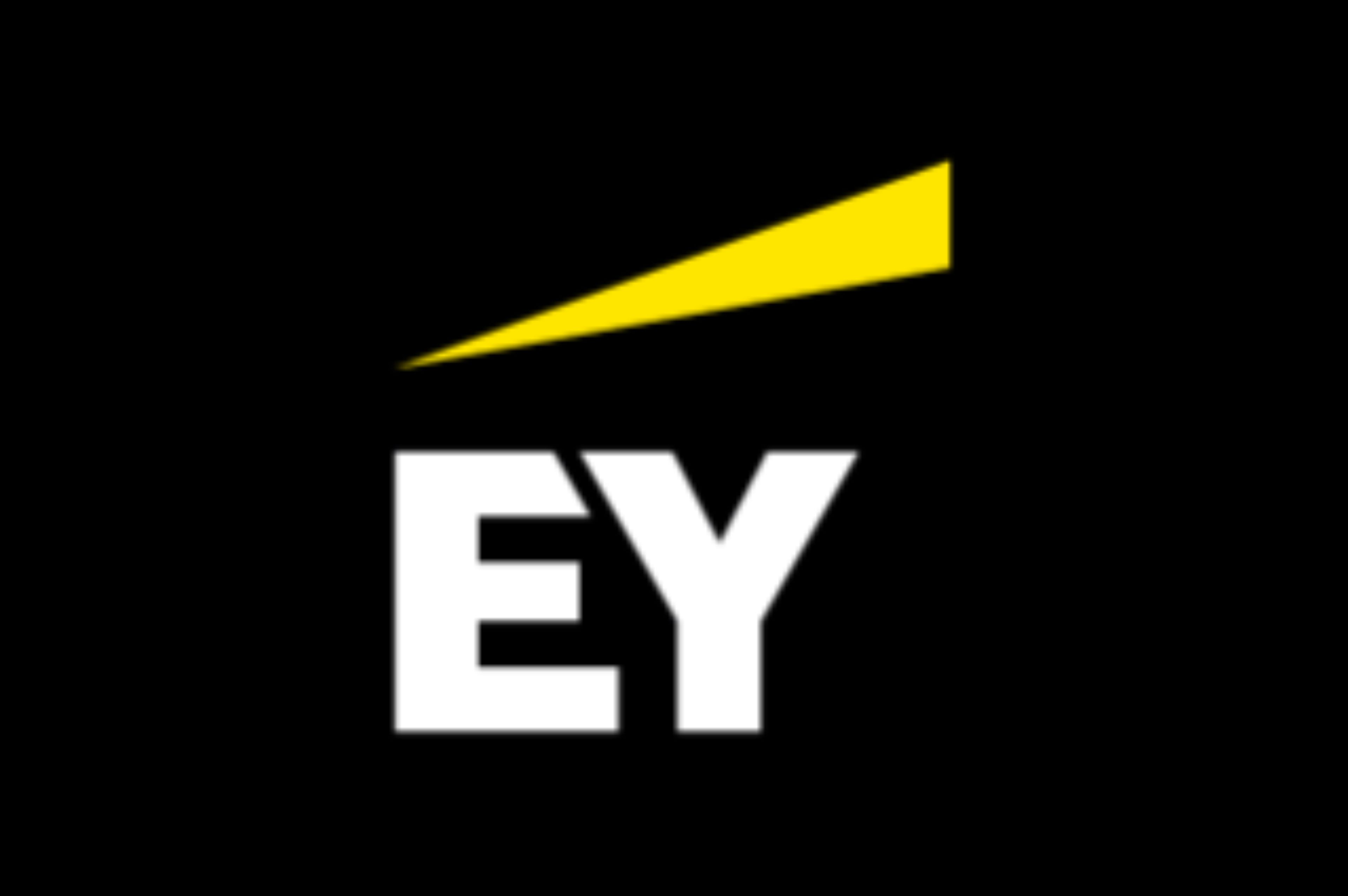EY Law LLP is a Canadian law firm, affiliated with Ernst & Young LLP in Canada. Both EY Law LLP and Ernst & Young LLP are Ontario limited liability partnerships. For more information about the global EY organization please visit www.ey.com.

Tax Alert 2021 No. 13, 26 March 2021
In Internal Interpretation 2019-0832211I7(E) Cross-border Restricted Share Units, the Canada Revenue Agency (CRA) introduces a new methodology for sourcing restricted share unit (RSU) benefits that it refers to as the “Hybrid Methodology.” Under the Hybrid Methodology, the “in the money portion” of the RSU is sourced to employee workdays in the year of grant, and any increase in value of the RSU is sourced to the vesting period. This approach has the potential to complicate the process of sourcing RSU awards.
2021–22 Budget Speech, Foreword and Introduction
Background: 2019-0832211I7(E) Cross-border Restricted Share Units
An RSU generally represents the right of an employee to acquire a share or equivalent cash value following the satisfaction of vesting conditions.
In situations involving internationally mobile employees, it is necessary to determine the portion of the benefit that is earned for services performed inside and outside Canada. This process is referred to as “sourcing” and is relevant for determining the portion of the benefit that is taxable in Canada (in the case of a non-resident employee) or determining the applicable foreign tax credit.
The determination of the jurisdiction in which the benefit is earned is always a question of fact. That said, the most common approach typically involves sourcing an RSU benefit to Canada based on employee workdays in Canada during the RSU vesting period divided by the total employee workdays over this period, assuming the RSU plan is forward looking and not attributable to past services. This approach is similar to the Organisation for Economic Co-operation and Development (OECD) guidance for stock options that was adopted by the CRA in 2012.
This technical interpretation introduces the “Hybrid Methodology,” a new method for sourcing RSU benefits when employment is exercised within and outside of Canada. The CRA suggests that sourcing under the Hybrid Methodology should comprise the following steps:
- Separate the “in the money” portion of RSU benefits at the date of grant (the ITM Portion) and the portion of RSU benefits relating to the increase in fair market value of the underlying shares from the date of grant to the date of vesting (the FMV Portion).
- The ITM Portion at the date of grant generally pertains to past services and is sourced to the jurisdiction in which the employment services were rendered in the year in which the RSUs were granted (if there are multiple jurisdictions, in proportion to the employment period exercised in each jurisdiction in that year).
- The FMV Portion generally pertains to services rendered during the vesting period and is sourced in proportion to the employment exercised in each jurisdiction between the date of grant and the date of vesting.
The CRA notes the Hybrid Methodology should be applied regardless of whether:
- “The relevant employee was a resident of Canada or a foreign jurisdiction at the time the relevant RSUs were granted;
- The RSUs all vest on a single day or vest over a period of time;
- The RSUs are settled in cash or through the issuance of shares of the capital stock of the corporate employer; or
- The RSUs are subject to section 7.”
As the CRA notes, the sourcing of benefits is a question of fact and “should be done by examining all of the relevant facts, including the RSU plan documents and the individual award agreements.”
Implications
The Hybrid Methodology has the potential to cause some difficulties:
- The Hybrid Methodology will make sourcing benefits more complex as there will be different calculations for the year of grant and subsequent years in the vesting period.
- Many countries follow the OECD guidance and source RSUs based on employee workdays between the date of grant and the date of vesting. Since RSUs are full-value awards, they will always have an “in the money” portion. The Hybrid Methodology will typically assign more weight to the year of grant as opposed subsequent years in the vesting period. This may give rise to mismatches between taxable amounts in various jurisdictions, resulting in the denial of foreign tax credits and/or potential double taxation.
- The CRA provides an example in the document where RSUs are granted on 31 December 2020. Given this example, there is perhaps a stronger case to apply the “in the money” amount to the calendar year, but RSUs can be granted at the commencement of a fiscal period or at a point of time within the fiscal period. It is a question whether the rationale for attributing the “in the money” amount to the remaining days in the fiscal period would apply in this scenario.
- As sourcing is a question of fact, consideration should be given as to whether the Hybrid Methodology would apply to the particular facts and circumstances under which the RSUs were granted, and whether the plan documents suggest the award was attributable to prior-year services. For example, if the RSUs have a substantial risk of forfeiture, it would weaken the argument that the Hybrid Methodology should be used on the basis that the benefit has not yet been earned.
Learn more
For more information, please contact your EY or EY Law advisor or one of the following professionals:
Danielle Laramée
+1 514 515 4360 | danielle.laramee@ca.ey.com
Laura Assal
+1 416 943 2639 | laura.b.assal@ca.ey.com
Sandra A. Hamilton
+1 416 941 7794 | sandra.a.hamilton@ca.ey.com
Lawrence Levin
+1 416 943 3364 | lawrence.levin@ca.ey.com
Leah Shinh
+1 519 571 3325 | leah.c.shinh@ca.ey.com
Download this tax alert
Budget information: For up-to-date information on the federal, provincial and territorial budgets, visit ey.com/ca/Budget.

